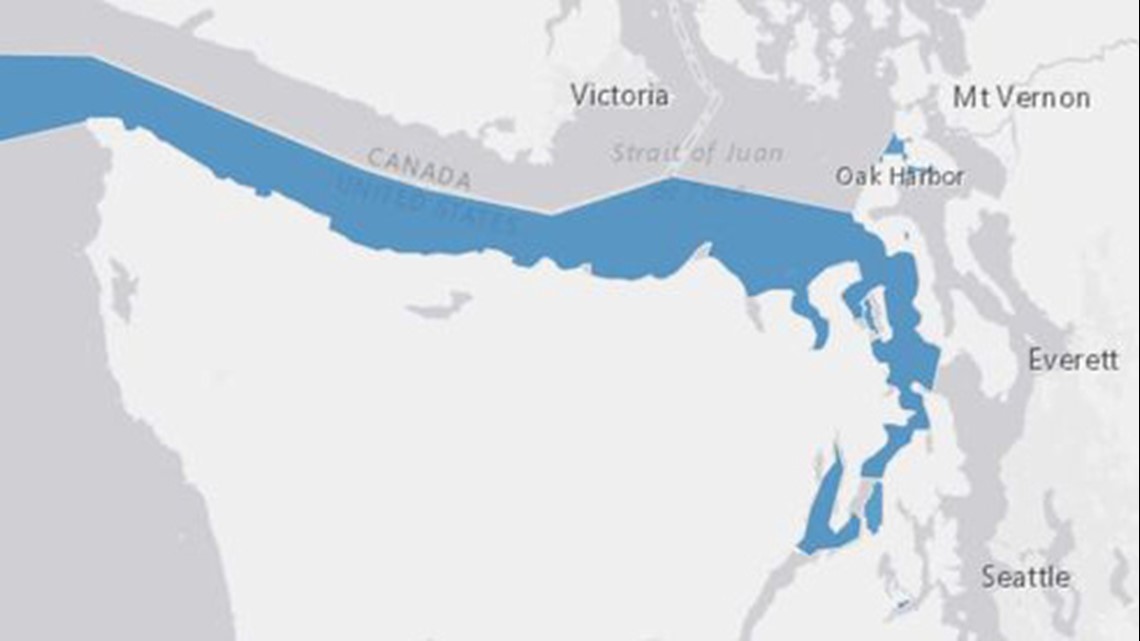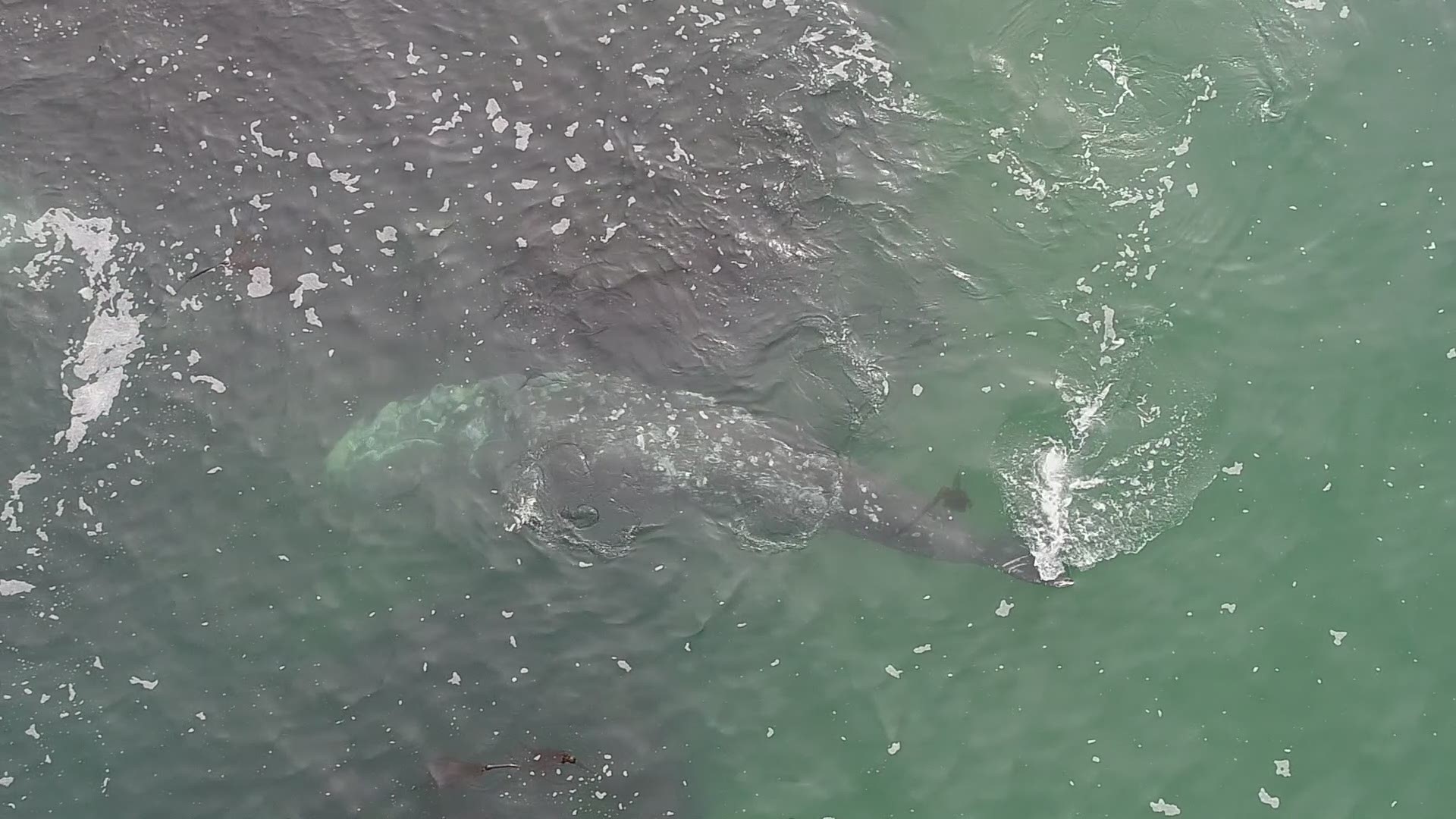The Federal Aviation Administration has expanded existing drone flight restrictions to ban the use of the unmanned aerial vehicles in the airspace above Navy installations that support "high-priority maritime operations."
The expansion came at the request of the Department of Defense and the United States Coast Guard "to address concerns about potentially malicious drone operations" over vessels operating from Naval Base Kitsap and Naval Submarine Base Kings Bay in St. Marys, Georgia, the FAA said in a press release.
Like Naval Base Kitsap-Bangor, Kings Bay is home to a number of nuclear-powered Ohio-class ballistic missile submarines, which can be armed with Trident II D5 ballistic missiles and guided-missile submarines.
Under the new restrictions, Navy and Coast Guard vessels getting underway from Naval Base Kitsap are protected from drone operations as they operate in the waters of Hood Canal and Strait of Juan de Fuca all the way from Bremerton to the Pacific Ocean.
As of Friday, drone operators are now required to maintain a distance of at least 3,000 feet laterally and 1,000 feet vertically from vessels operating within the vicinity of these installations.


If pilots are caught operating within restricted airspace, Navy and Coast Guard vessels are authorized by law to take "protective action against drones perceived to be safety or security threats," which could result in interference, disruption, seizure, damage or destruction of the unmanned aircraft.
Operators caught violating the restrictions could be subject to civil penalties and criminal charges.
As of July, there have been 16 drone overflight incidents in the airspace above Naval Base Kitsap installations, according to records obtained by the Kitsap Sun through a Freedom of Information Act request.
There were 37 incidents in 2016 and 31 incidents in 2017, according to Navy Region Northwest spokesman Sean Hughes.
The Navy has been working with Kitsap County for the past year to get some sort of restriction in place to prevent drone overflights above Naval Base Kitsap installations.
In September 2017, Navy officials asked the Kitsap County Board of Commissioners to develop an ordinance that would ban drone launching and landing near the five installations of Naval Base Kitsap, citing concerns of drone pilots who might be trying to illicitly shoot photos or video of sensitive military assets in the county.
Navy officials believed an indirect approach to the problem by prohibiting drone take-offs and landings in the buffer zone areas — not specifically regulating drone flight itself, which falls under the FAA's purview — would effectively prevent them from flying over military installations in Kitsap.
It's unclear what impact the new restrictions could have on the proposal, said Kitsap County policy manager Eric Baker.
"We are still waiting for feedback from the Navy and county prosecutor's office," Baker said. "Until the Navy says it's not necessary, or the board says it's not necessary, we'll continue."
As the draft's language currently stands, the county's proposed ordinance would establish a "protection overlay" that would extend approximately 3,000 feet from the fence lines of each Navy installation in Kitsap — Naval Base Kitsap-Bremerton, Puget Sound Naval Shipyard, Jackson Park and Naval Hospital Bremerton, Bangor's submarine base, Keyport's Naval Undersea Warfare Center and and Manchester's fuel depot.
Since that draft was unveiled this summer, the country has interviewed and consulted with a number of community stakeholders and local drone pilots to revise the scope of the proposed buffer zones, which some felt were overly broad.
In the course of those conversations, some boundaries have been adjusted to become more tailored around each particular installation rather than having a one-size fits all regulation for all five Naval Base Kitsap posts, Baker said.
If the county decides to move forward with the proposal, another draft of the ordinance should be released in the next few weeks, he said.
While Baker raised some question about how the FAA intends to enforce the new restrictions, he said the protections were a step in the right direction.
"Hopefully this gets us closer to our end goal, so hopefully our drone operators aren't impeding naval operations," he said.

